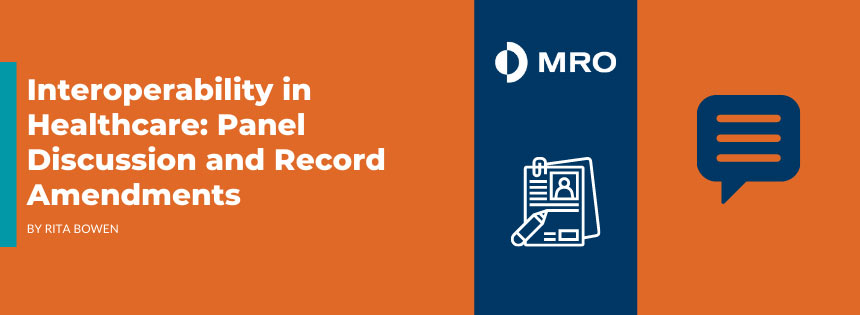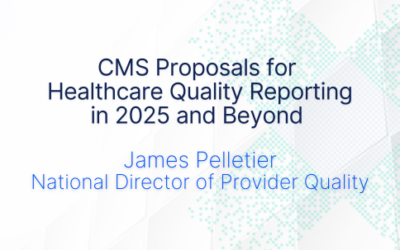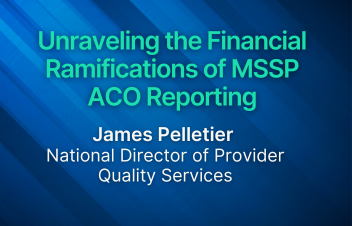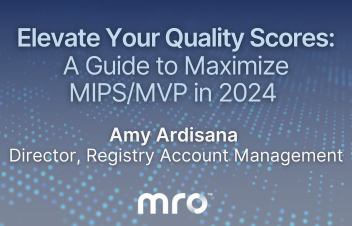
During June and July, MRO hosted two webinars focused on the intricacies of interoperability in healthcare. In June, I moderated a panel discussion with three health information management (HIM) leaders, including Kristin Keller from Duke University Health System, Kari Spradlin from Carilion Clinic, and Cassi Birnbaum from PeaceHealth. In July, I presented Interoperability: The Amendment Process Within an Electronic Health Record. Both presentations explored the 21st Century Cures Act and the goal to put patients in charge of their own health records through interoperability.
Interoperability and the Cures Act: Practical Applications for an Evolving Landscape
As organizations continue to apply the information blocking provisions, real-life applications provide examples and insight for handling certain situations. While the intent of interoperability is to enable patients to obtain or download information from the patient portal without manual effort, the process for achieving that goal can be complicated.
During this panel discussion, HIM experts provided a roundtable experience, offering their opinions, insight and real examples on how to remain compliant with interoperability. Noteworthy discussions evolved around the following questions:
- What did your organization do to educate your patient community?
- Has your organization been required to form new committees and/or additional workflows due to the interoperability rule?
- If you provide information to the patient within 30 days, is it safe to assume that you will not have an issue with interoperability/information blocking rules?
- Has providing the patient direct access to the notes written by the physician had an impact on record amendment requests?
- Have you seen an increase in record amendments at your organization? Has there been any impact on revenue as a result?
Based on the panel discussion and questions from the audience, we decided to explore the amendment process in a separate webinar to continue the conversation.
Interoperability in Healthcare: The Amendment Process Within an Electronic Health Record
Requests for record amendments by patients has become an increasingly hot topic due to interoperability. During this webinar, we explored policies and procedures, best practices, definitions, and practical examples.
The key to preparing for record amendments is understanding the features of your electronic health record (EHR) system, and how it can best serve you. It is also necessary to document policies and procedures (P&Ps) and the audit actions and outcomes associated with the documented P&Ps. Then, revise P&Ps as needed and educate your workforce.
As with the panel discussion presented in June, we received many audience questions about real-life examples and applications of this process. For further exploration, questions are available on the webinar playback including:
- What if the original author of the medical record is no longer available to consult or sign off?
- If the medical record has already been released and then a provider alters the record after the fact, is our organization liable for fraud?
- Are there specific requirements for the appeal process when a patient amendment is denied?
- What is the best way to handle a situation when a patient reports an error in their record, but the information originated from another health system’s EHR?
- What is HIM’s responsibility to manage information that was uploaded to a health information exchange (HIE) and was later amended or provided in an addendum?
I encourage you to request the playback of both informative webinars to gain valuable information and earn two free CEU credits (one per webinar).


